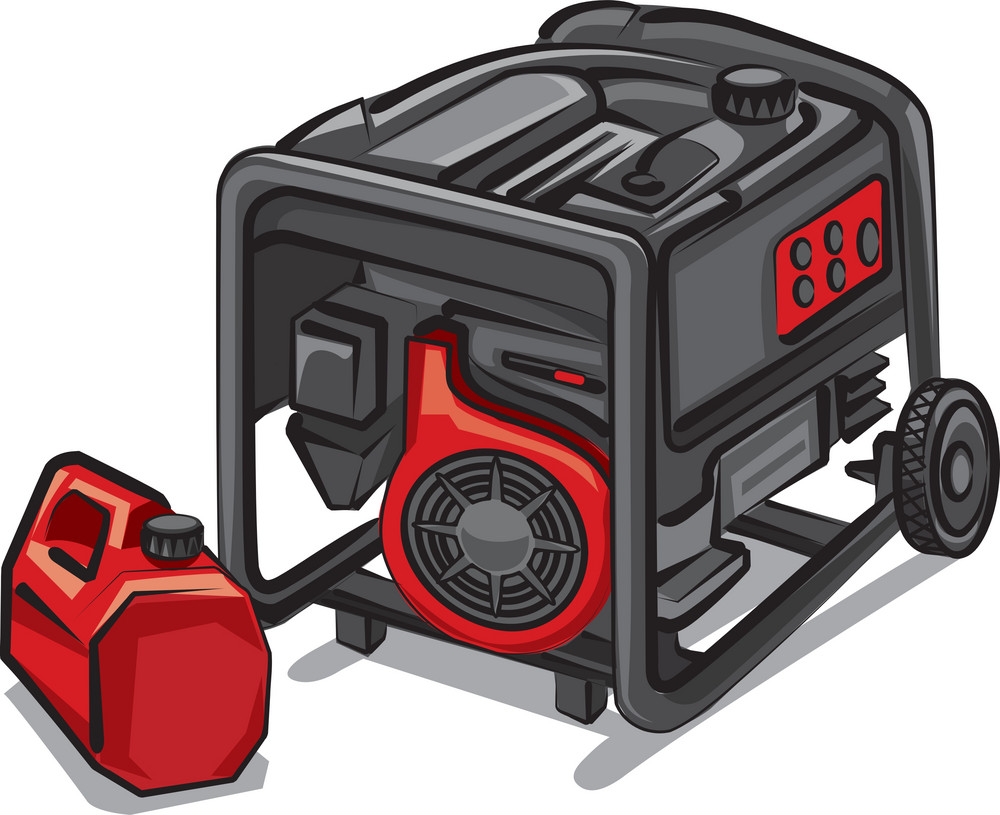Standby generators are the lifeblood the emergency-readiness market. There are few pieces of equipment that will come in more useful quite like a home generator. However, these devices are expensive, so a homeowner must discover what kind of backup generator is most appropriate for their needs. Backup power systems tend to utilize gasoline or propane gas. Lots of them can also be connected to a natural gas line. It can be a good idea in advance of purchasing to learn what sets some generators apart from others so that you can make an informed decision. Emergency generators are as pricey as they are useful to buy a generator that covers your basic electricity requirements.
Additionally, here are a few questions to ask yourself when planning to buy a home generator: What total generator run time do you presume you will need from your generator where you live? Should you get a portable home generator or standby generator? What fuel options do you have? Will it be easy to come by in your area? Will the fuel source be available if the power goes out in the middle of a hurricane or earthquake? Does anyone in your household need actively running computers or servers? After figuring out the above, you will have a better idea of which models and features are right for you.
Limitations are that diesel generators can be heard quite a distance away, are very heavy, and need to be thought-through before installation. They are not so friendly towards the earth and you might not find convenient the permitable hours during which you are able to use it.Propane: standby generators tend to run on propane rather than other fuel types that are limited in the area. One big disadvantage of propane it’s price been known to climb above even standard gasoline. However, with the skyrocketing price of gasoline, this disadvantage is now non-existent. Propane today is the cheapest of all. Difficulties with using propane as a fuel are long gone.
Some advantages of propane are that the fuel lasts a long time in a usable state, it won’t clog your fuel line, propane burns cleanly and doesn’t destroy the environment. It’s also cold-weather friendly. propane is universally available, can run longer than some other generator types, and won’t wear down your motor or fuel line over the years. On the opposite side, propane generators are more complex, installation can be expensive, since you may need to hire a technician and should you need one, large reserve tanks aren’t as cheap or easy to find as propane itself is. If the lines are broken the propane can be very dangerous, and a propane generator can cost you more than a gas or diesel generator.
For more info go to: www.GeneratorPowerForLess.com
